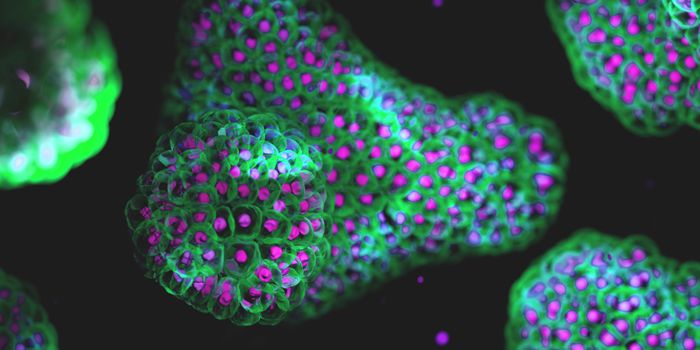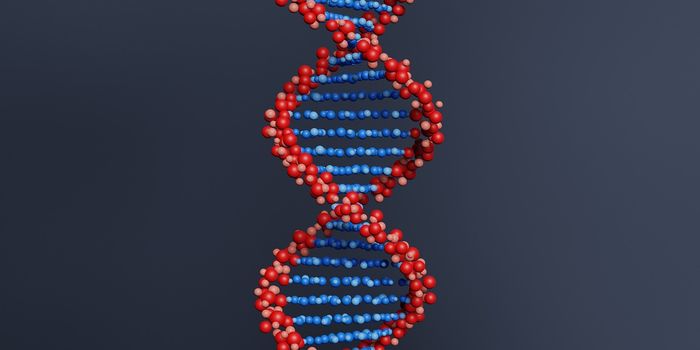A Novel Gene Therapy for Osteoarthritis Pain
Genetic errors can cause many different diseases, and scientists have been looking for methods to fix those errors for decades. Although many gene therapies have aimed to correct errors in individual genes that cause major disorders, some researchers have been pursuing other goals. Christopher Evans, PhD, of Mayo Clinic, has been developing a gene therapy for osteoarthritis, which causes joint pain in adults. In osteoarthritis patients, the cushion of cartilage at the ends of bones starts to break down, and can also lead to the degeneration of bone. It's estimated to impact over 32.5 million Americans, and can arise due to many factors including age, joint injury or overuse, environmental factors, and genetics.
In new research reported in Science Translational Medicine, Evans and colleagues outlined the results of a small gene therapy clinical trial for osteoarthritis. This initial, Phase I study involved nine patients who had been diagnosed with knee osteoarthritis.
The gene therapy was found to be safe and well-tolerated. It was delivered to patient knees though an adenovirus vector, which is meant to get the therapy into cells where it needs to be, without causing harm. The investigators are using gene therapy because drugs that are delivered to the knee simply diffuse out of the joint within a few hours.
This study builds on many years of previous research by Evans and colleagues that has shown that interleukin-1 (IL-1) is a major player in the cartilage loss, inflammation, and pain that is characteristic of osteoarthritis. There is also a natural IL-1 inhibitor, called the IL-1 receptor antagonist (IL-1Ra).
The investigators showed in research models that IL-1RA could be delivered to joints with a viral vector, which prevented the cartilage from degenerating. It took years to overcome regulatory hurdles so that this trial could be started in patients.
After the scientists treated the osteoarthritis patients, there was more anti-inflammatory IL-1Ra in their joints, and the levels stayed high for at least a year. They also reported less pain and better joint function.
"This could revolutionize the treatment of osteoarthritis," said Evans, who directs the Musculoskeletal Gene Therapy Research lab at Mayo Clinic. "This study provides a highly promising, novel way to attack the disease."
Dr. Evans co-founded the gene therapy company Genascence to push this effort further, and a Phase IIb/III clinical trial is now being planned.
Sources: Mayo Clinic, Science Translational Medicine









